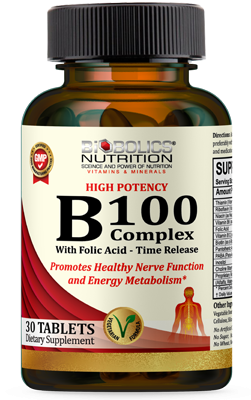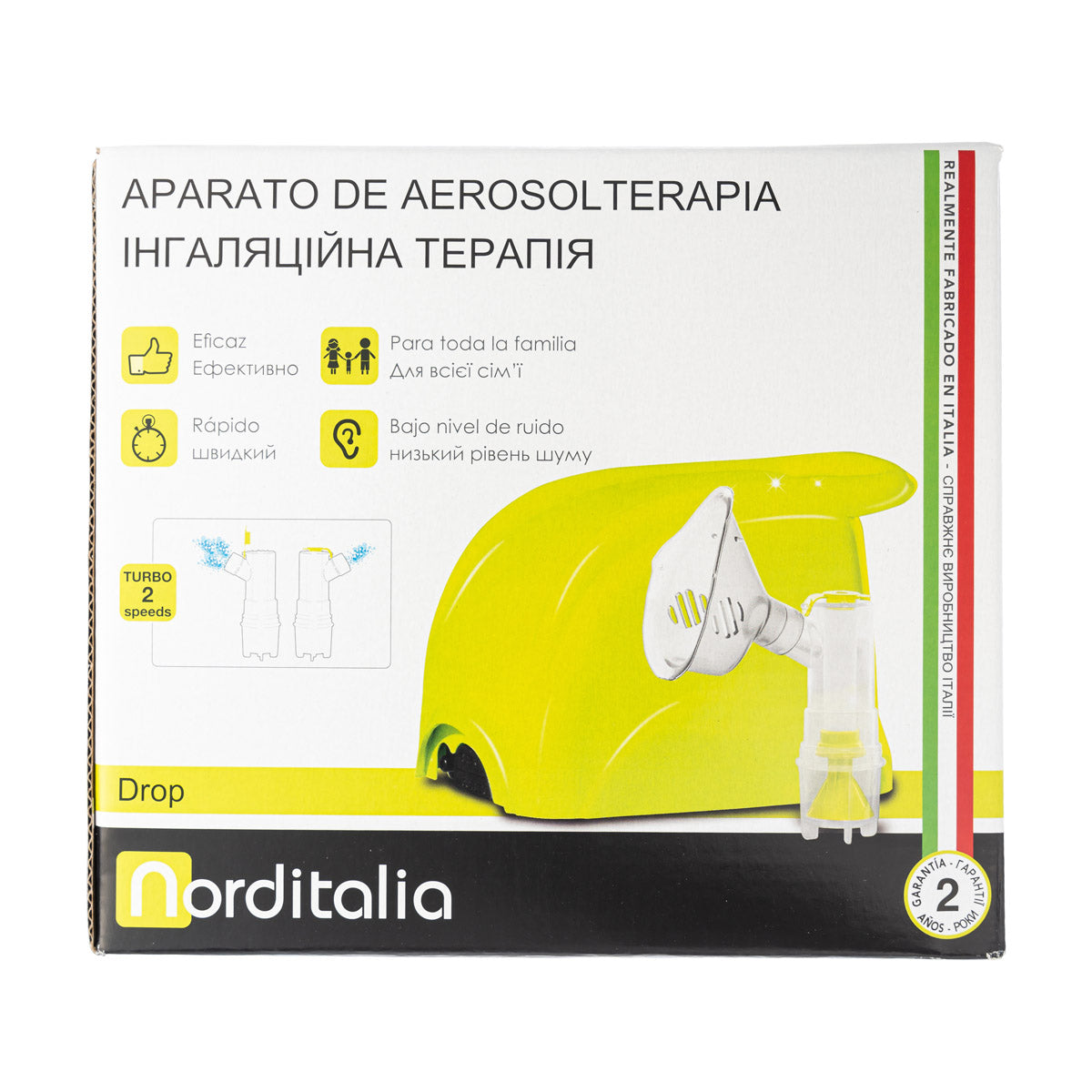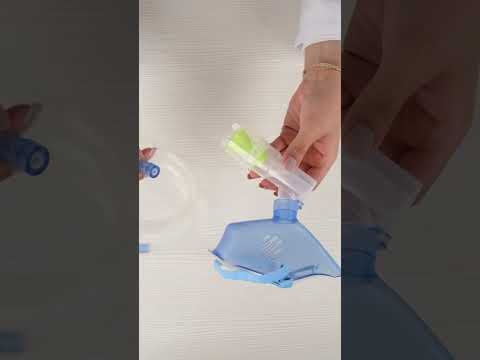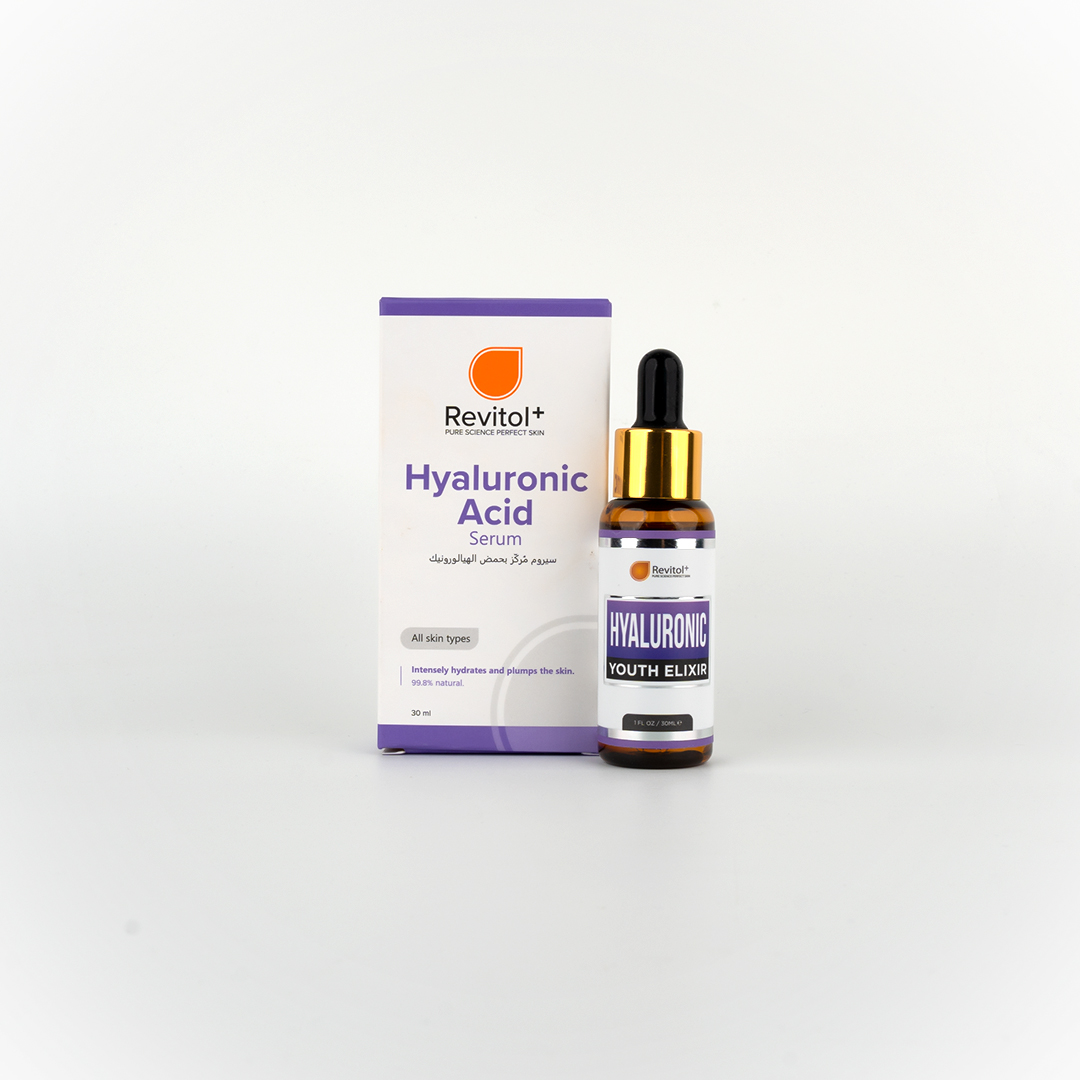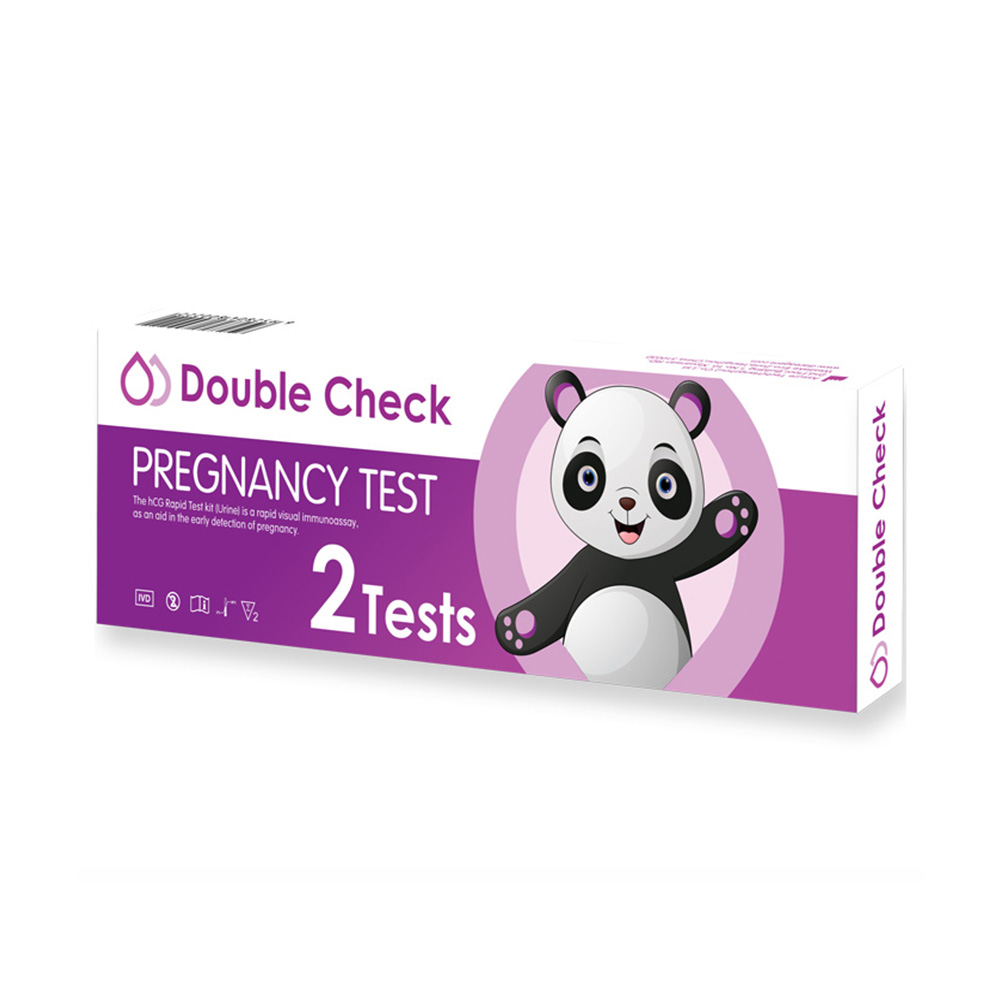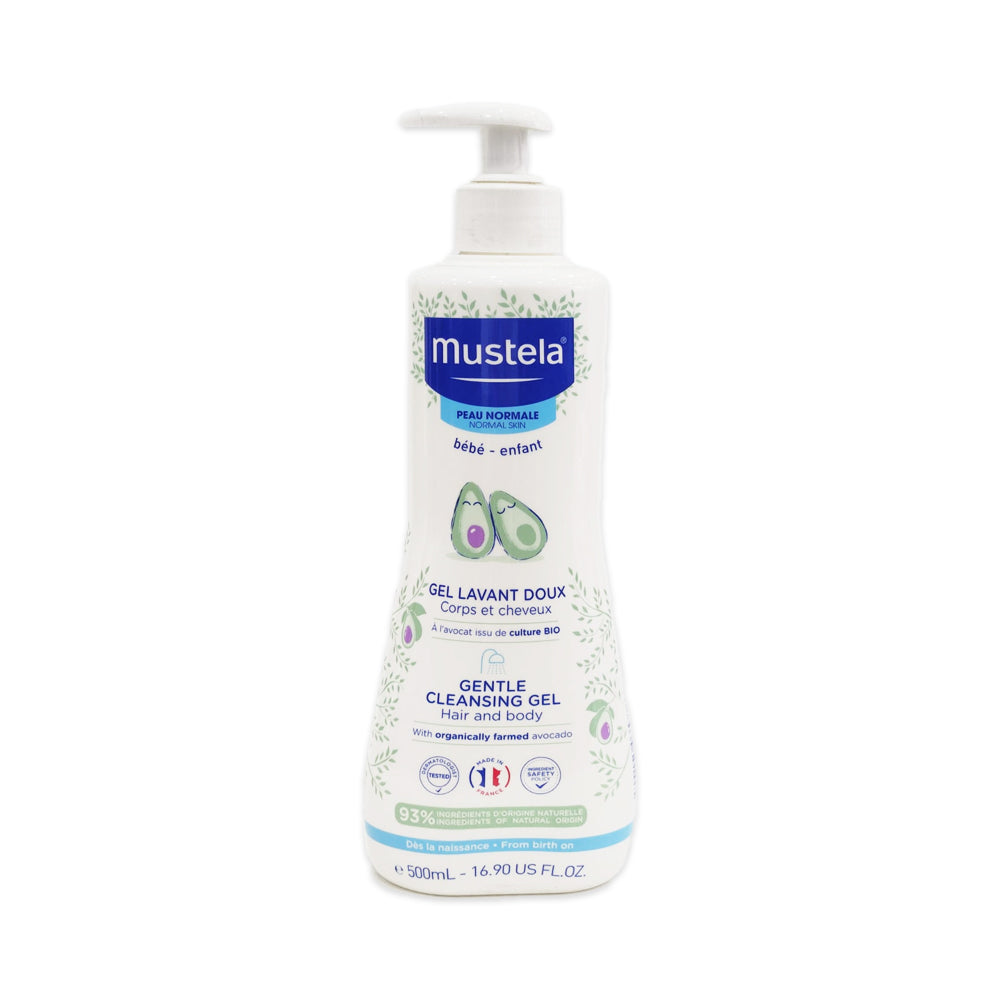Benefits:
Prevents nausea and vomiting caused by chemotherapy, radiation therapy, and postoperative recovery.
It helps reduce the need for hospitalization due to dehydration or other complications from vomiting.
The orally disintegrating tablets quickly dissolve in the mouth for a fast onset of action.
Generally well-tolerated by patients, with fewer side effects compared to other anti-nausea medications.
Unlike other anti-nausea medications, it does not cause sedation, allowing patients to remain alert and functional.
It can also treat nausea related to other conditions such as gastroenteritis and motion sickness.
Precautions:
Do not use if allergic to this medication or similar drugs (e.g., dolasetron, granisetron).
Drug interactions: Avoid use with apomorphine (Apokyn) and consult your doctor about other medications to prevent serious interactions.
Inform your doctor about any history of liver disease, long QT syndrome, heart failure, or electrolyte imbalances.
Discuss use with your doctor if pregnant or breastfeeding.
Be cautious while driving or operating machinery due to potential drowsiness or impaired thinking.
Side effects:
Severe: Blurred vision, slow heart rate, difficulty breathing, and significant mood changes (anxiety/agitation).
Serious: Signs of allergic reactions, high serotonin levels (e.g., agitation, hallucinations, fever), jaundice.
Common: Constipation, diarrhea, bloating, stomach pain, headache, dizziness.
Main ingredients and their benefits:
Ondansetron: The active ingredient that blocks serotonin receptors in the brain, effectively preventing nausea and vomiting.
Featured Items
View all
Use this section to explain a set of product features, to link to a series of pages, or to answer common questions.

Use this section to explain a set of product features, to link to a series of pages, or to answer common questions.





